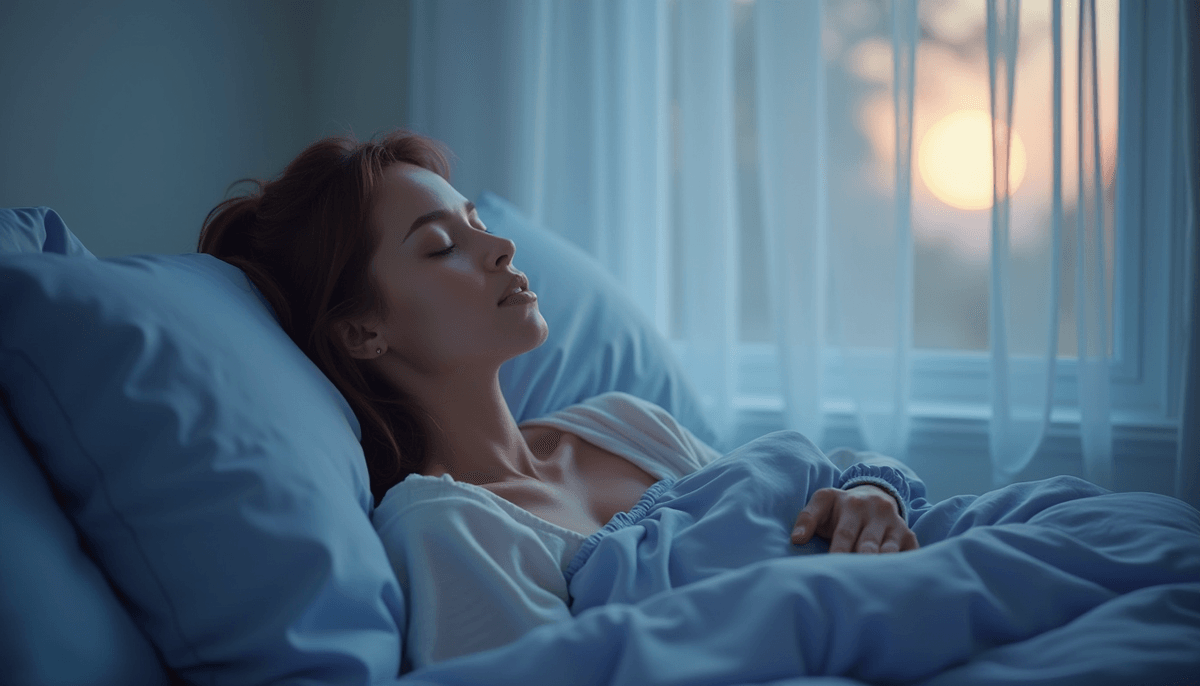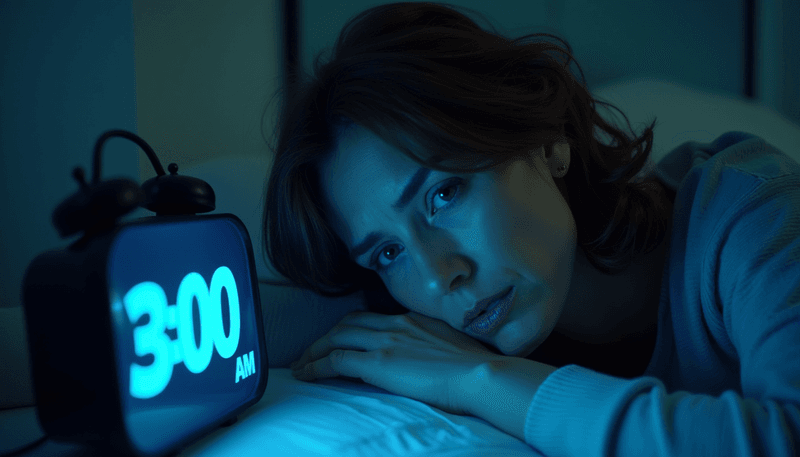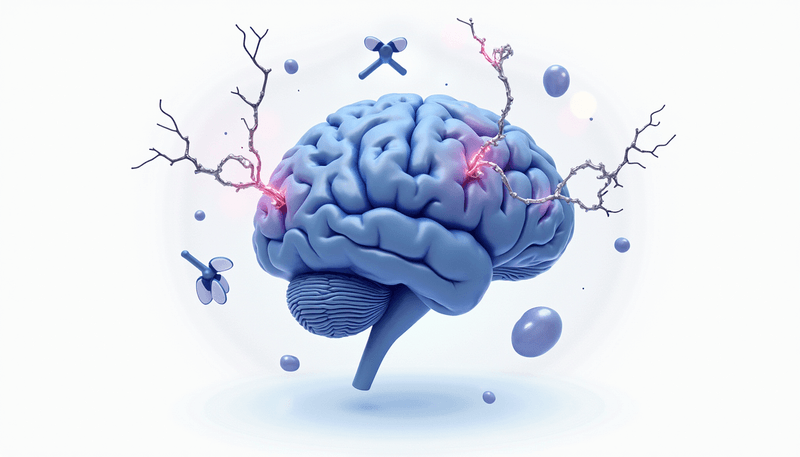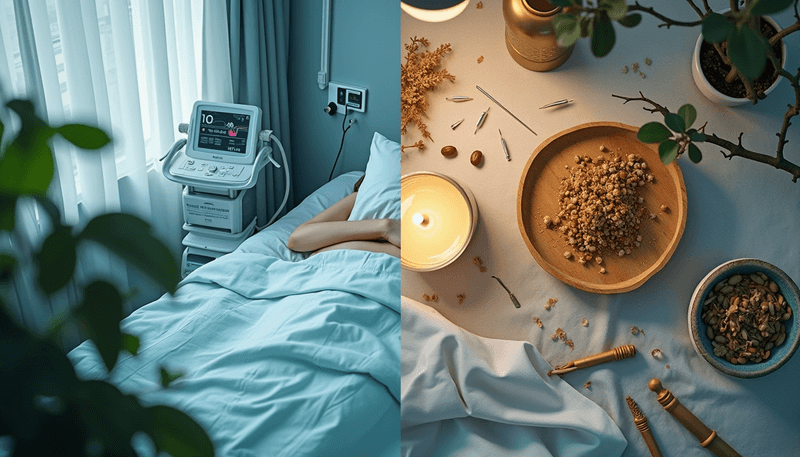Sleep Issues During Menopause: New Solutions

Night after night, millions of women in their 40s and 50s find themselves staring at the ceiling, wondering why sleep has become such an elusive friend. According to groundbreaking research published in the Academic Journal of Chinese PLA Medical School, over 64% of women experience sleep disruptions during perimenopause, making it one of the most common yet underaddressed symptoms of this life transition.
Understanding the Hormone-Sleep Connection
The dance between hormones and sleep is more intricate than we once thought. Think of estrogen as the conductor of your body's sleep orchestra. When this conductor starts to retire (as happens during perimenopause), the entire symphony can fall into disarray. Research shows that declining estrogen levels affect multiple sleep-regulating systems in your brain, from temperature control to neurotransmitter production.
"Have you noticed your sleep changing as you approach menopause? You're not imagining things - it's a real biological shift."
What you can do:
- Track your sleep patterns alongside your menstrual cycle
- Keep your bedroom temperature cooler than usual (around 65°F/18°C)
- Consider discussing hormone levels with your healthcare provider
The Mind-Body Approach to Better Sleep
One of the most fascinating findings from the research is how psychological support combined with lifestyle changes can significantly improve sleep quality. Think of it like tuning a radio - sometimes you need to adjust multiple dials to get the clearest signal.
Practical steps for mind-body balance:
- Practice 10 minutes of mindfulness meditation before bed
- Create a consistent bedtime routine
- Address stress through counseling or support groups
- Incorporate gentle evening exercise like yoga or tai chi
Question to ponder: What one small change could you make to your evening routine tonight?
Integrating Eastern and Western Solutions
The research highlights a promising trend: combining traditional Chinese medicine (TCM) with modern treatments offers better results than either approach alone. This integration is like having both a GPS and a traditional map - each brings unique benefits to help you reach your destination.
Evidence-based combination approaches:
- Acupuncture sessions paired with sleep hygiene practices
- Herbal supplements coordinated with lifestyle modifications
- Ear point therapy combined with relaxation techniques
Personal anecdote: "One of my patients, Sarah, struggled with sleep for years until we implemented a combined approach. By using acupuncture weekly and making dietary changes, she went from 3 hours of broken sleep to 6-7 hours of restful sleep within two months."
A New Perspective on Natural Solutions
The study revealed that natural approaches, when properly implemented, can be as effective as conventional medications - without the side effects. This finding is particularly significant for women seeking long-term solutions.
Top research-backed natural approaches:
- Regular exercise (but not within 3 hours of bedtime)
- Herbal teas containing specific sleep-promoting compounds
- Foot soaks before bed (shown to improve sleep quality)
- Music therapy using specific frequencies and rhythms
"What if the solution to better sleep isn't in your medicine cabinet, but in your daily routine?"
The research makes one thing clear: perimenopausal insomnia isn't just about getting more sleep - it's about understanding and working with your changing body. The most effective approach combines modern medical knowledge with time-tested traditional practices, all while keeping your unique needs in center focus.
Ready to take action? Start with one small change tonight. Perhaps it's a 10-minute bedtime meditation, a warm foot soak, or simply turning down your thermostat a few degrees. Document how it affects your sleep, and gradually build your personal sleep-supporting routine.
Final thought: Your sleep journey is unique, but you're not alone on this path. Which approach resonates most with you?

Dr. Anya Sharma, MD
Dr. Anya Sharma is a board-certified gynecologist with over a decade of experience specializing in women's health and patient education. She graduated from Johns Hopkins School of Medicine and completed her residency in Obstetrics and Gynecology at a top hospital in New York City. With a passion for empowering women, Anya transitioned to content creation to provide accessible, evidence-based information on health topics relevant to mid-aged women. Her empathetic and pragmatic approach combines medical expertise with relatable insights, making her a trusted voice in the field.








